6.1 Äpfel mit Birnen vergleichen

Hallo!
Zum Aufwärmen machen wir unseren Tagesminiplausch und eine Wiederholung.
Wiederholung
In the previous lesson, you learned how to describe what you and your friend want to do on your ideal day. Let’s review what you have learned.
 |
Read the text and complete the activity below.
Mein bester Freund Josh will den Tag mit mir verbringen. Er will nicht arbeiten. Er will nur Spaß haben. Josh will früh aufstehen und laufen. Er will schon um 8hr frühstücken. Später will er Carcassone mit mir spielen. Nach dem Spiel will er mit mir ins Kino gehen. Danach will er mit mir zu Abend essen. Nach dem Abendessen will er Mario Kart mit mir spielen. Später will er früh ins Bett gehen. |
Think of your best friend, classmate, or partner. What are two things that this person would want to do on their ideal day? What are two things that they would not want to do? You can use the sentences above as guides. Write those down in your written journal.
Lektionsüberblick
Obst, Obst und immer mehr Obst! We will start our food unit with the healthiest of foods. In the end, you will be able to 1) name at least 5 kinds of fruit, 2) make some comparisons of fruit, and 3) say which kinds of fruit you prefer to eat.
Was weißt du schon?
Let’s do a quick skills check before we begin.
| Noch nicht start klar?
Du kannst immer auf die gleiche 1010-Lektion zurückgreifen! |
Not confident about starting this lesson?
You can always review the same Lektion from 1010. |
1) Obstsorten kennen
You might already recall some Obstsorten from your previous work with German. Remember that many are cognates. Look at the images and labels below. You will notice that the singular form of the fruit is given (when there is one piece of fruit) and then the plural form (when there is more than one).
Let’s practice.
Jetzt bist du dran!
Hamburg im Blickpunkt
Die Freie und Hansestadt Hamburg ist als Stadtstaat ein Land der Bundesrepublik Deutschland. Hamburg ist mit über 1,97 Millionen Einwohnern (Stand 2024) die zweitgrößte Stadt Deutschlands (nach Berlin) und die drittgrößte im deutschen Sprachraum. Hamburg besteht zu 92 Prozent aus Land- und zu acht Prozent aus Wasserfläche, die wiederum aus der Elbe, der Alster und Nebenflüssen beider bestehen. Zu Hamburg gehören die Nordseeinseln Neuwerk, Scharhörn und Nigehörn sowie der Nationalpark Hamburgisches Wattenmeer. Im 8. Jahrhundert entstand die Hammaburg, in der Karl der Große im Jahr 810 eine Taufkirche errichten ließ, um den heidnischen Norden zu missionieren.

The Free and Hanseatic City of Hamburg is a city-state in the Federal Republic of Germany. With a population of over 1.9 million (as of 2024), Hamburg is the second-largest city in Germany (after Berlin) and third-largest city in German-speaking Europe. 92% of Hamburg is land and 8% is water, the latter consists of the Elbe River, the Alster, and their tributaries. Hamburg has several exclaves, including the North Sea Islands Neuwerk, Scharhörn and Nigehörn as well as the Hamburg Wadden Sea National Park. In the 8th century, the Hammaburg (burg = castle or fort) was first established, when Charlemagne had a baptistry built in AD 810, in order to proselytize the heathen north.
2) Über Obst reden
Let’s look at words and their opposites that can describe fruit. Notice the cognates (think reif = ripe, sauer = sauer)
| reif | unreif | |
| süß | sauer | |
| saftig | nicht saftig |
Read the sentences below. See if you can guess the meaning based on the images.
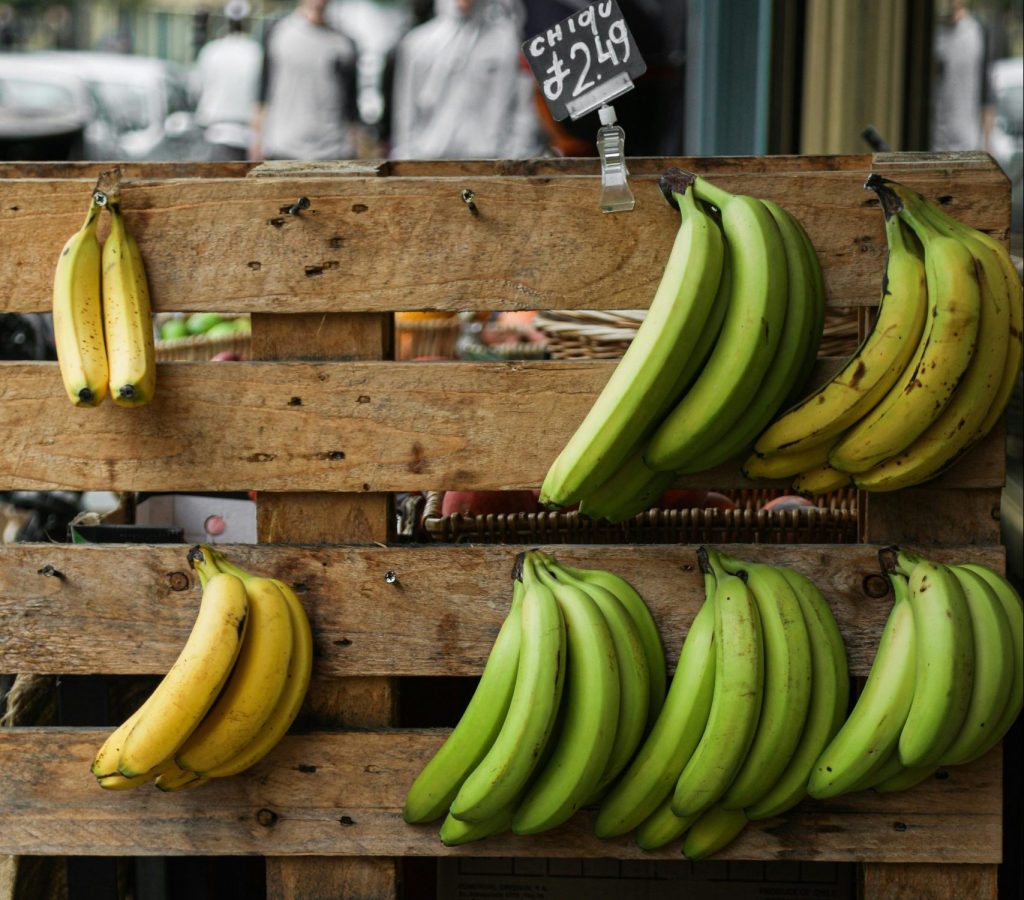 |
Die grünen Bananen sind unreif.
Die gelben Bananen sind reifer als die grünen Bananen. |
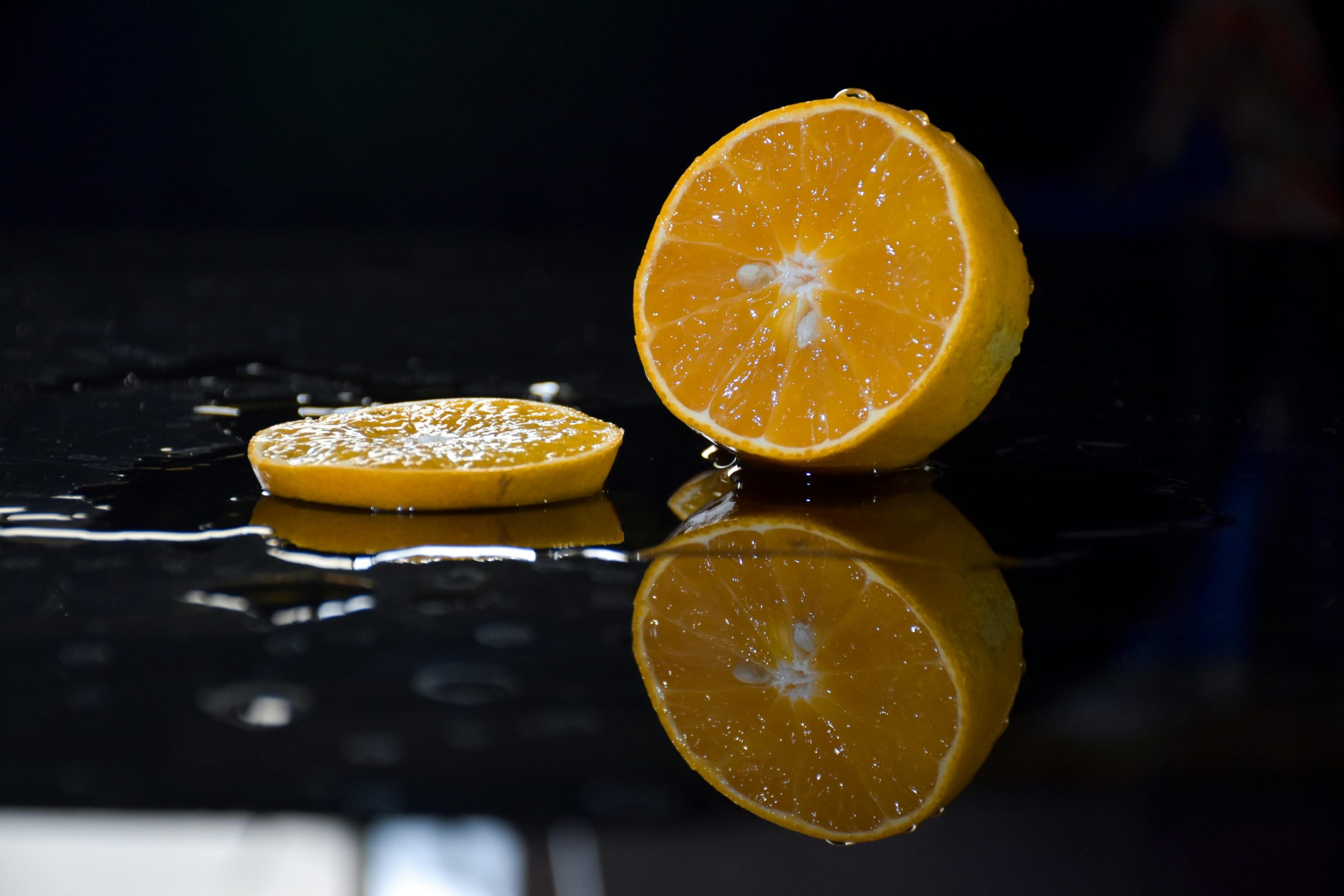 |
Orangen sind saftiger als Äpfel. |
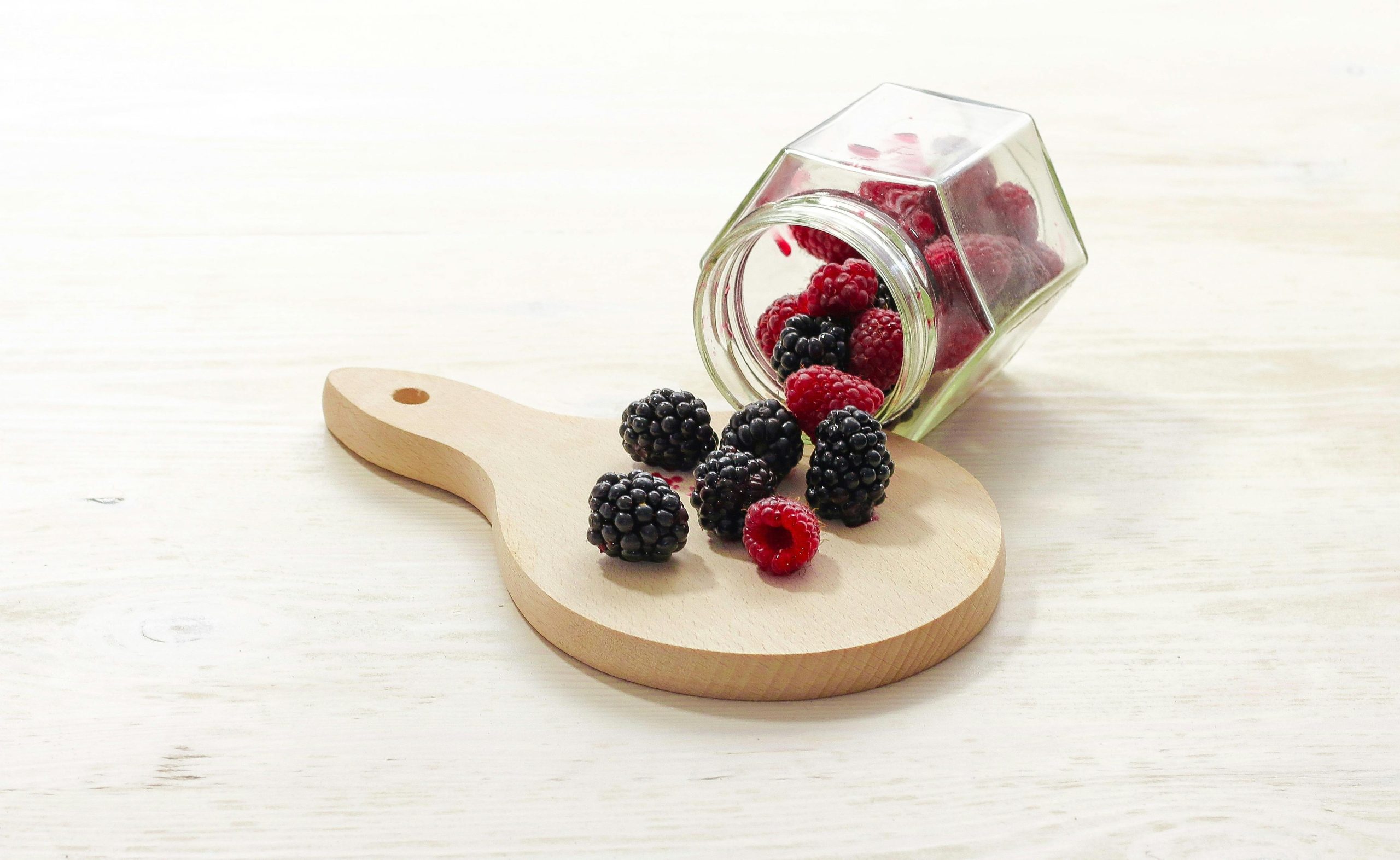 |
Himbeeren sind süßer also Brombeeren. |
Let’s practice.
Jetzt bist du dran!
3) Lieber und am liebsten
Sometimes you simply like one fruit more than another. You’ve learned in the past how to express preference (lieber) and how to express a favorite (am liebsten). Let’s use those words to discuss the fruits we enjoy.
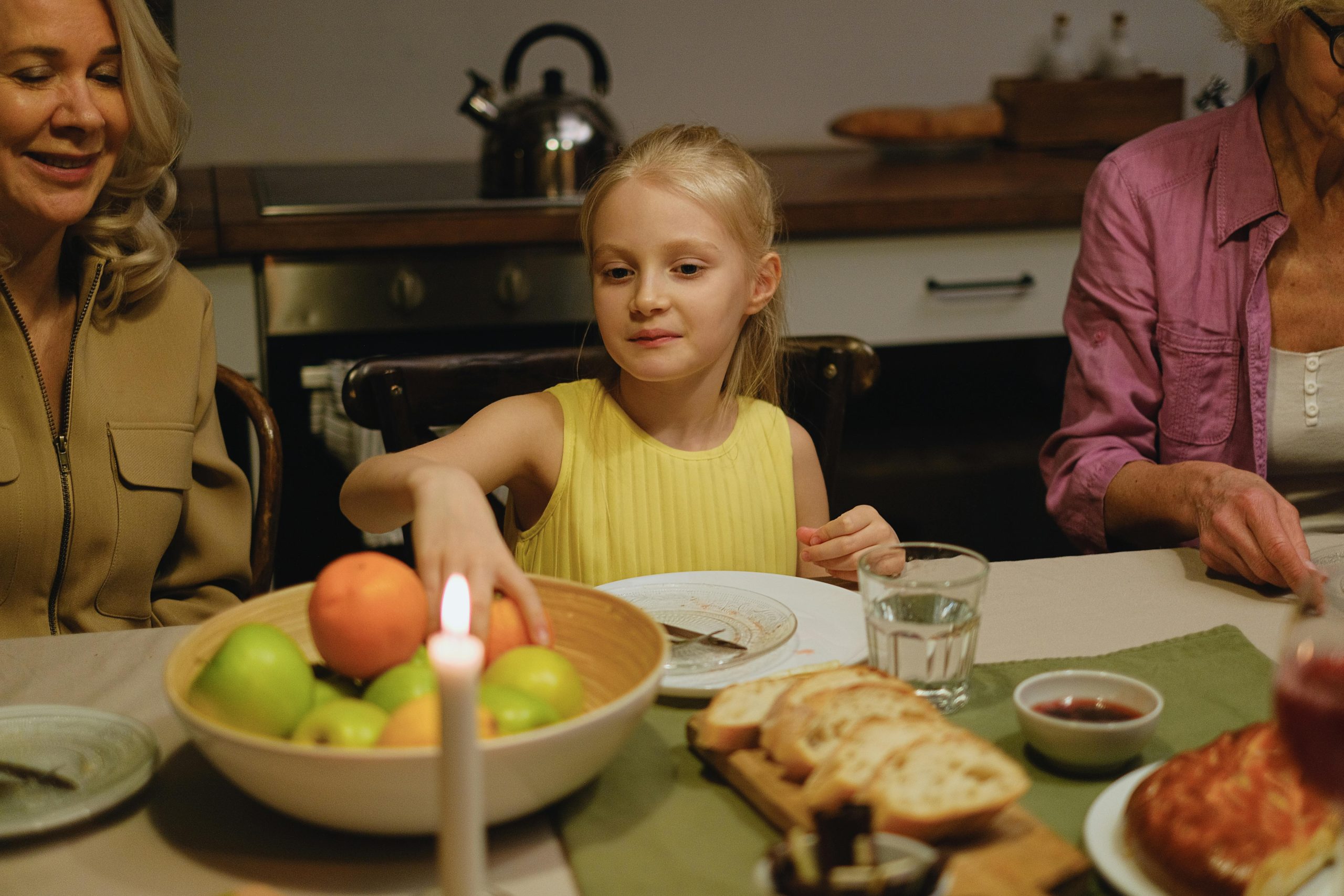 |
Ich esse lieber Orangen als Äpfel. |
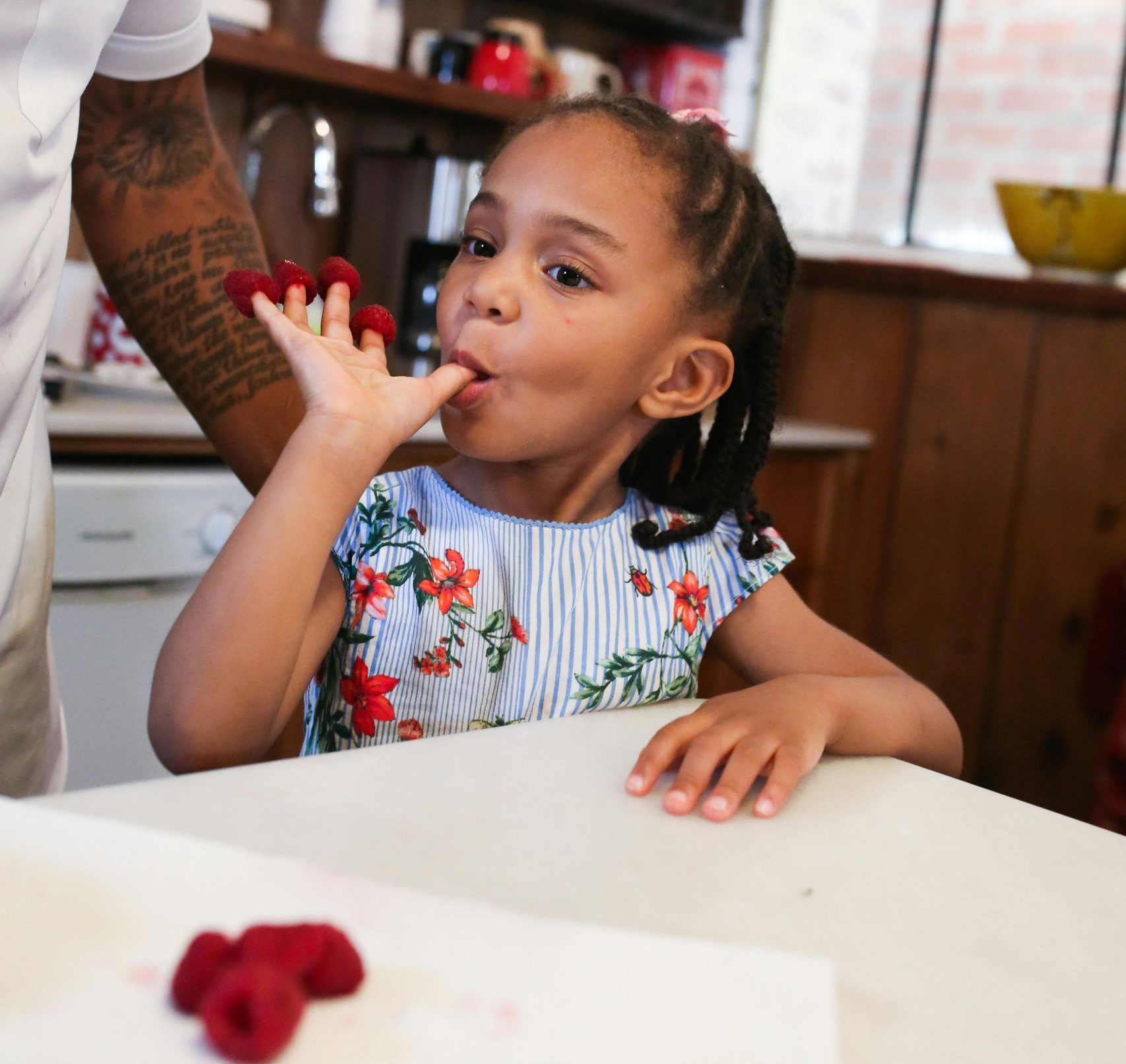 |
Ich esse Himbeeren am liebsten. |
Let’s practice.
For fun take this little quiz to determine what fruit you would be if you were a fruit!
Jetzt bist du dran!
Zum Schluß
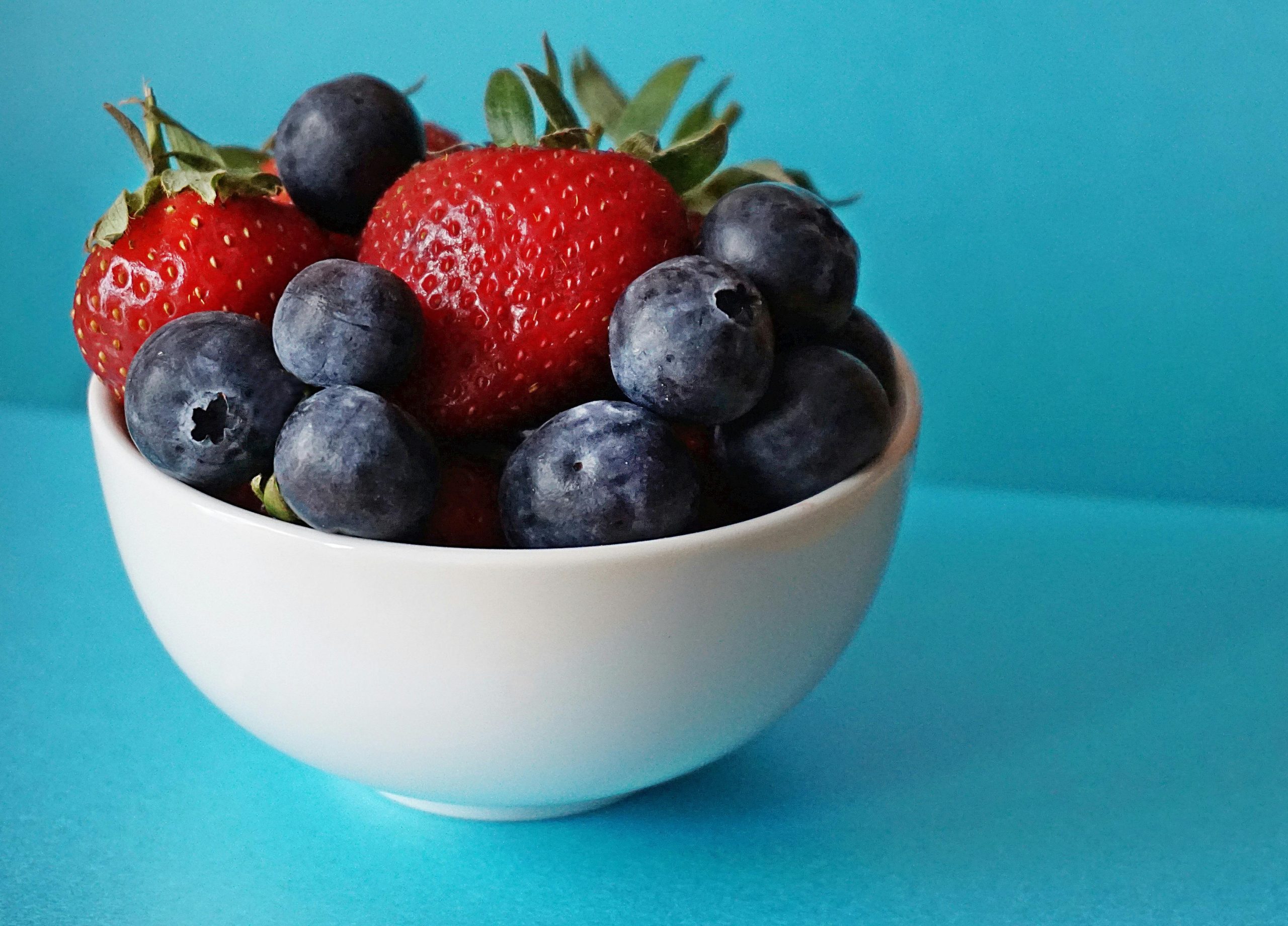 |
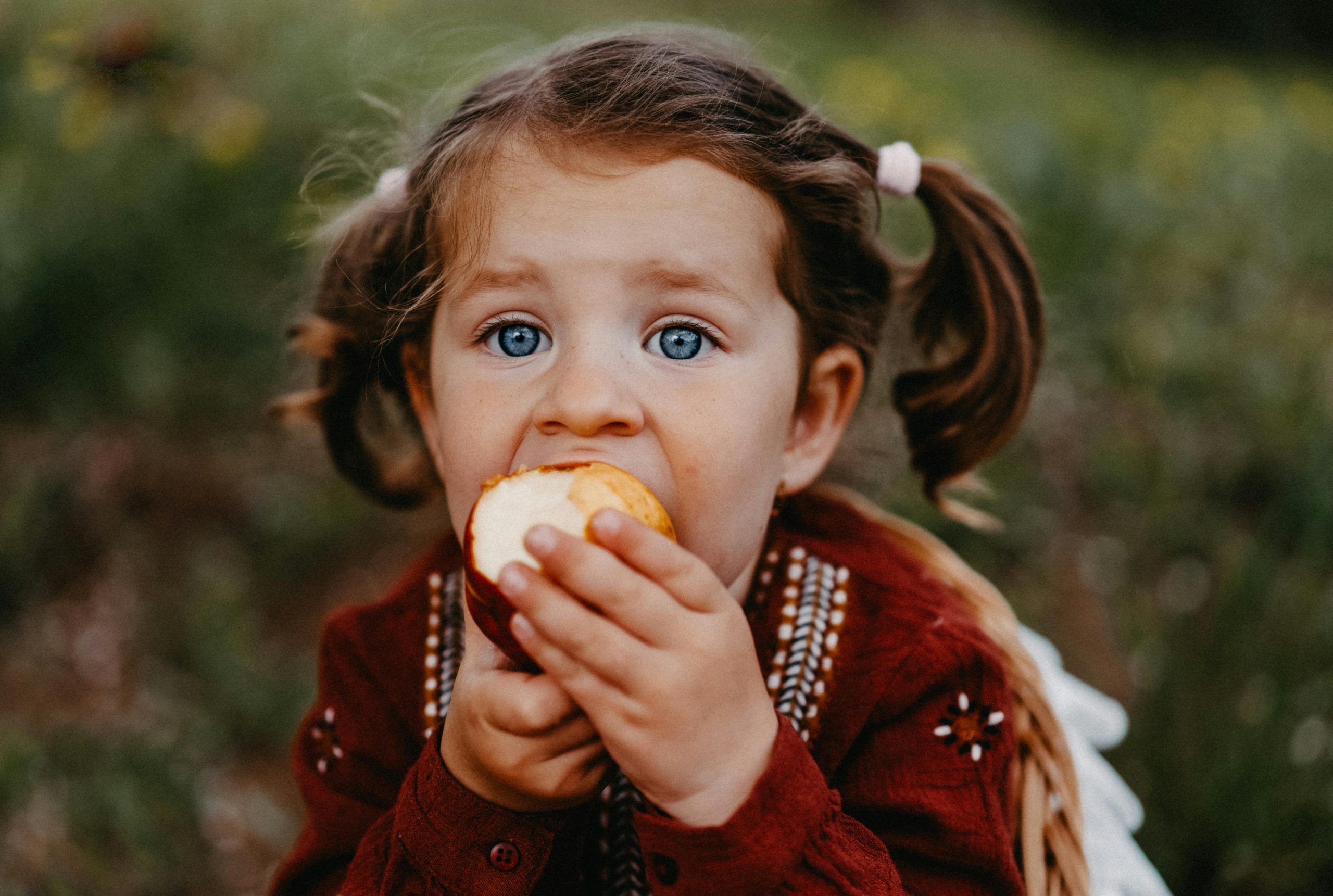 |
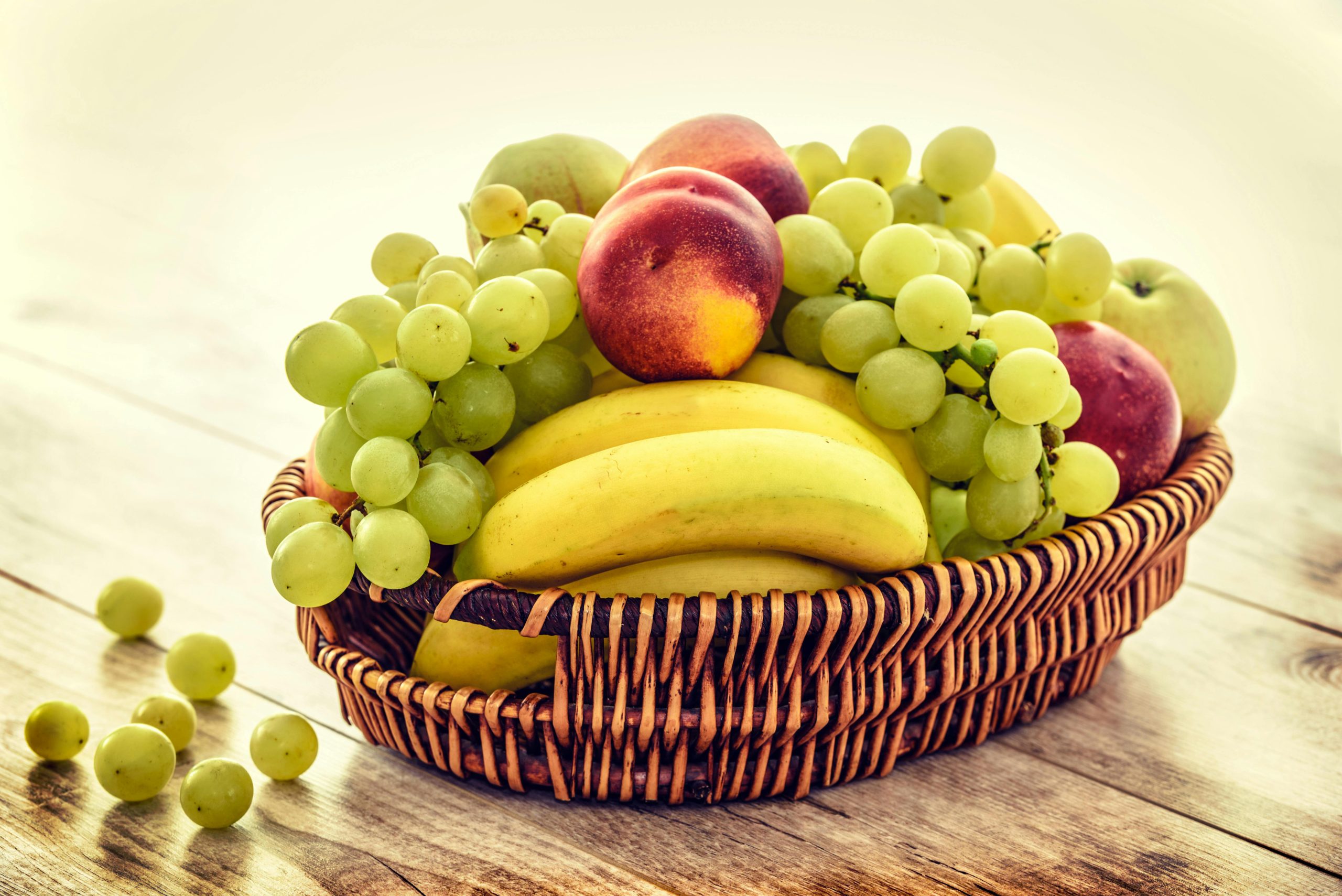 |
 |

*As you conclude this lesson, don’t forget to check Canvas!*

Before you go, check out this brief slide show from Deutsche Welle with idiomatic expressions featuring fruit.
Here is a large collection of idiomatic expressions featuring fruit with German explanations.
Media Attributions
- 1020-banner-large-reduced
- Photo of friends by pexels-mizunokozuki-13931321
- 6.1 unequal-147925_1280
- Photo of bananas by pexels-cup-of-couple-7303461
- Photo of orange by pexels-gilmerdiaz-2378426
- Photo of berries by pexels-pixabay-208526
- Photo of little girl by pexels-shvetsa-11369060
- Photo of girl with raspberries bypexels-rdne-5593098
- Photo of berries by pexels-suzyhazelwood-1120575
- Photo of toddler eating apple bypexels-raymond-petrik-1448389535-26728901
- Photo of fruit basket by pexels-asphotograpy-235294

